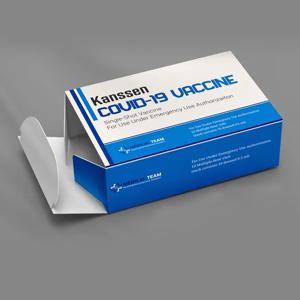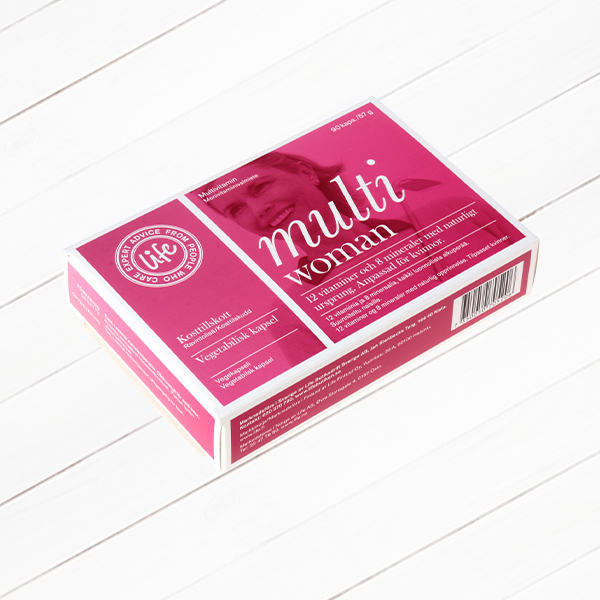- All
- Product Name
- Product Keyword
- Product Model
- Product Summary
- Product Description
- Multi Field Search
Views: 201 Author: XianDa Publish Time: 2024-12-05 Origin: Site

Content Menu
● Does Medicine Have to Be in Its Box When Traveling?
>> Understanding TSA Guidelines
>> Packing Tips for Traveling with Medication
>> Special Considerations for International Travel
>> Health and Safety While Traveling
>> Additional Considerations for Specific Medications
>> The Role of Technology in Medication Management
>> Cultural Sensitivity and Medication Use
>> Conclusion
Traveling with medication can be a daunting task, especially when navigating airport security and international regulations. One common question that arises is whether medication must be kept in its original packaging or box. This article will explore the guidelines set by various authorities, provide tips for traveling with medication, and address related concerns. Additionally, we will touch upon the importance of being prepared when traveling, especially for those who may need to access their medications quickly.


The Transportation Security Administration (TSA) has established guidelines for traveling with medication that can alleviate some of the stress associated with air travel. Here are the key points:
- Original Packaging Not Required: The TSA does not mandate that passengers keep their medications in their original prescription bottles. This means travelers can use pill organizers or other containers as long as the medication is clearly labeled with its name and dosage.
- Carry-On Recommendations: It is advisable to pack medications in carry-on luggage rather than checked bags. This ensures that you have immediate access to your medications, especially if your flight is delayed or your luggage is lost.
- Liquid Medications: For liquid medications, the TSA allows containers larger than 3.4 ounces but requires that they be declared at the security checkpoint. You should inform the TSA officer about any medically necessary liquids you are carrying.
- Documentation: While it's not required to have a doctor's note for every medication, carrying a copy of your prescription or a letter from your healthcare provider can be beneficial, especially for controlled substances or if traveling internationally.
When preparing for travel, consider these practical tips to ensure a smooth experience:
- Plan Ahead: Make sure you have enough medication for your entire trip, plus extra in case of delays. Contact your healthcare provider for refills if necessary.
- Labeling: If you choose to transfer medications into a pill organizer, label it clearly with the medication name, dosage, and instructions for use. Taking a photo of the original packaging can also help in case you need to reference it later.
- Separate Screening: At security checkpoints, remove your medications from your bag and place them in a separate bin for screening. This can expedite the process and reduce confusion.
- Check Local Regulations: Before traveling internationally, research the regulations regarding medications in your destination country. Some countries have strict rules about what medications can be brought in.
Traveling abroad often requires additional precautions:
- Controlled Substances: If you are carrying controlled substances, check both U.S. regulations and those of your destination country. Some countries may prohibit certain medications entirely.
- Translation: If traveling to a non-English speaking country, consider having your prescription translated into the local language to avoid misunderstandings at customs or pharmacies.
- Emergency Information: Keep a list of all medications you are taking along with dosages and instructions. Leave a copy with a family member or friend at home in case of emergencies.
In addition to managing medications, travelers should take steps to maintain their health during trips:
- Pre-Travel Consultation: It's advisable to consult with a healthcare provider before traveling, especially if traveling to regions with specific health risks or vaccination requirements.
- First-Aid Kit: Pack a basic first-aid kit that includes over-the-counter pain relievers, antiseptics, and any other personal health items you may need.
- Hydration and Nutrition: Stay hydrated and eat well during your travels to minimize health risks associated with changes in diet and environment.
Certain types of medications require special considerations when traveling:
- Injectable Medications: If you use injectable medications (like insulin), ensure you have all necessary supplies including syringes or pens. Keep these items in their original packaging whenever possible to avoid confusion at security checkpoints.
- Medication for Chronic Conditions: For those who manage chronic conditions such as asthma or diabetes, it's essential to carry enough medication for the duration of your trip along with any necessary medical devices like inhalers or glucose monitors.
- Emergency Medications: If you have emergency medications (like EpiPens), keep them accessible during travel and inform flight attendants about their presence on board.
In today's digital age, technology plays an important role in managing medications while traveling:
- Mobile Apps: Utilize mobile apps designed to track medications and remind you when it's time to take them. Some apps even allow you to scan barcodes on medication bottles for easy tracking.
- Telehealth Services: Consider using telehealth services if you need medical advice while traveling. These services can connect you with healthcare professionals who can provide guidance on managing your condition away from home.
When traveling internationally, it's crucial to understand cultural attitudes towards medication:
- Local Practices: Some cultures may have different practices regarding health and wellness. Be respectful of local customs while also ensuring that you adhere to necessary medical protocols.
- Pharmacy Differences: Pharmacy practices vary widely around the world. In some countries, certain over-the-counter medications may require prescriptions; familiarize yourself with local pharmacy laws before departure.
Traveling with medication does not have to be complicated if you are well-prepared and informed about the regulations that apply to your situation. While it is not necessary to keep medicine in its original box according to TSA guidelines, ensuring proper labeling and documentation can facilitate easier travel experiences. Always check local laws when traveling internationally and consult healthcare providers as needed.
By taking proactive steps—such as planning ahead, understanding regulations, utilizing technology, and maintaining cultural sensitivity—travelers can ensure that their health needs are met while enjoying their journeys.
1. Can I travel with my medication in a pill organizer?
- Yes, you can use a pill organizer as long as it is clearly labeled with the medication name and dosage.
2. Do I need a doctor's note for my prescription medication?
- While not required by TSA, having a doctor's note can be helpful, especially when traveling internationally or carrying controlled substances.
3. What should I do if my medication needs refrigeration?
- Use insulated bags or cooler packs and inform flight attendants if refrigeration is needed during the flight.
4. Are there restrictions on bringing liquid medications?
- Yes, liquid medications over 3.4 ounces must be declared at security checkpoints but may be allowed in reasonable quantities for medical needs.
5. How can I prepare for potential health issues while traveling?
- Consult with a healthcare provider before your trip, pack a first-aid kit, and stay informed about health risks at your destination.